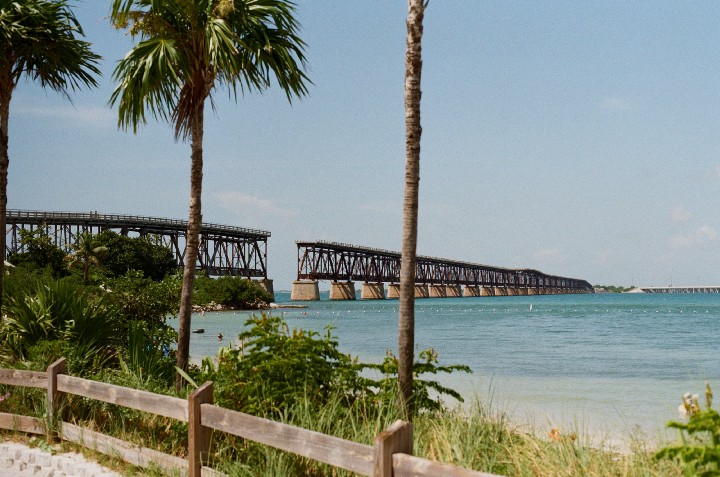
24 Aug What Is Your Reason For Being Here?
I experienced how it felt to be regarded with suspicion
I’ve been to Israel three times on pilgrimage to the Baha’i World Center in Haifa. The most recent trip was in 2004 with my husband, our son, and my 79-year-old mother. Even though I’d been in the Tel Aviv airport before and knew what to expect, I was still intimidated by the young soldiers who seemed to be everywhere, carrying rifles slung casually over their shoulders.
At the Customs checkpoint, I handed my passport to an agent, who took his time examining every page. He verified my name and birthdate, compared my photo to my face, then started with the questions.
Agent: “What is your purpose for coming to Israel?”
Me: “I’m making a pilgrimage to the Baha’i World Center in Haifa.”
Agent: “What locations will you be visiting while you’re in Israel?”
Me: “Haifa and Akka.”
Agent: “What will you do at these locations?”
Me: “Visit Baha’i shrines and holy places.”
Agent: “How long will you be staying in Israel?”
Me: “Ten days.”
There may have been more questions that I’ve since forgotten. I tried to monitor my tone, but I’m sure a note of defensiveness crept in. Did I look like a criminal?
Did my 79-YEAR-OLD MOTHER look like a criminal? Then I reminded myself that this was Israel after all, a foreign country where soldiers walked the streets with rifles.
Things are different here. We’re accustomed to a certain level of freedom in the U.S. We can go where we want without being questioned or regarded with suspicion. People in authority don’t assume we could be criminals.
Oh, wait. Let me try that again.
I’m accustomed to a certain level of freedom in the U.S. I can go where I want without being questioned or regarded with suspicion. People in authority don’t assume I could be a criminal. Because I’m White.
. . .
Now our scene is set in a very White town on a barrier island in Florida. We’re at the end of a bridge connecting this town to a racially diverse city on the mainland.
My friend F.G. is on his way to an art studio on the beach, where he teaches drawing and drumming.
F.G. is a tall, slim Black man in his 70s. He hands his driver’s license to the police officer who stopped his car before it left the bridge. The cop took his time examining the license. He verified F.G.’s name and birthdate, checked his car title and insurance, then started with the questions.
Officer: “Where are you headed, Mr. G?”
F.G.: “To the art studio on Main Street.”
Officer: “And why are you going there?”
F.G.: “To teach my art class.”
Officer: “Will you be going anywhere else on the island?”
F.G.: “No sir.”
Officer: “About when do you think you’ll be heading back home, Mr. G?”
F.G.: “Well that depends on whether or not I decide to stay in town for dinner.”
Officer: “Now don’t try to get smart with me. I asked you a simple question.”
F.G.: “5:30. I’ll be heading home around 5:30.”
Officer: “Well thank you so much for your cooperation, Mr. G. I’ll be looking out for you. Have a nice day now.”
F. G.: “You too, sir.”
And my friend F.G. now has to go about his day, teach his class, and interact with his students as if everything is fine. “If I let it get to me,” he told me once, “I’d be angry all the time. That stress would kill me. I have to let it go.”
It’s hard for me to imagine what it would be like to experience this in my own country — to have a person in authority challenge my right to be somewhere, to have to defend that right, to have to choose, based on how much energy I have that day, whether to be deferential, ignore the indignity, or stand up for my rights (which could end up with me being jailed, or roughed up, or worse).
Yet this is the reality for countless Black men and women, day in and day out, all over this country. I wold be grateful to hear what my readers and their organizations are doing to address this. Do you know of any successful initiatives?
Photo by Micky Fritzsche on Unsplash



No Comments